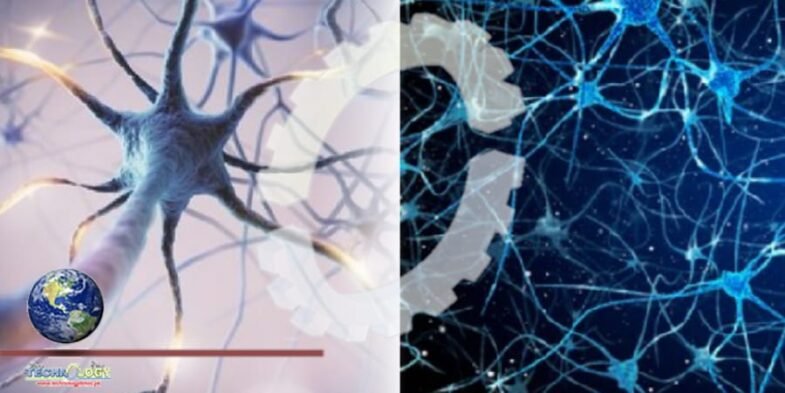An ambitious academic, clinical and industry research programme supported by a €5 million funding grant from Science Foundation Ireland, which will be leveraged with an additional €5 million from industry partners, was launched today in Trinity College Dublin to provide new insights in our understanding of Motor Neuron Disease (MND), also known as Amyotrophic Lateral Sclerosis (ALS).

The programme will result in advanced data-driven prediction models for progression of the disease in patients and next-generation data analysis that facilitates clinical insights and treatment. Precision ALS, which is led by two SFI Research Centres – ADAPT and FutureNeuro – involves world class Irish-based researchers in clinical science, data science and artificial intelligence (AI). The researchers will work in partnership with TRICALS, an independent consortium of leading ALS experts, patients and patient advocacy groups across Europe. National and international industry partners and charities including patient organisations are also actively participating.
Speaking at the launch, Tánaiste and Minister for Enterprise, Trade and Employment, Leo Varadkar T.D. said: “This project straddles clinical research and industry, and will combine the best of our technologies, the best of our ideas, and the best of our medical expertise with to potential to change lives for the better. It will develop tools that facilitate clinical trials based on precision-medicine, and has the potential to produce benefits for other rare conditions and diseases, supporting job creation and reducing drug costs.”
Precision ALS will provide an innovative and interactive platform for all clinical research in ALS across Europe, that will then harness AI to analyse large amounts of data. As the largest international multimodal dataset aimed at precision medicine for this condition, Precision ALS will address the issues with gathering new data at scale in a timely and cost effective-manner across multiple international sites in order to present that data in real time to clinical scientists.
source:Eurekalert
